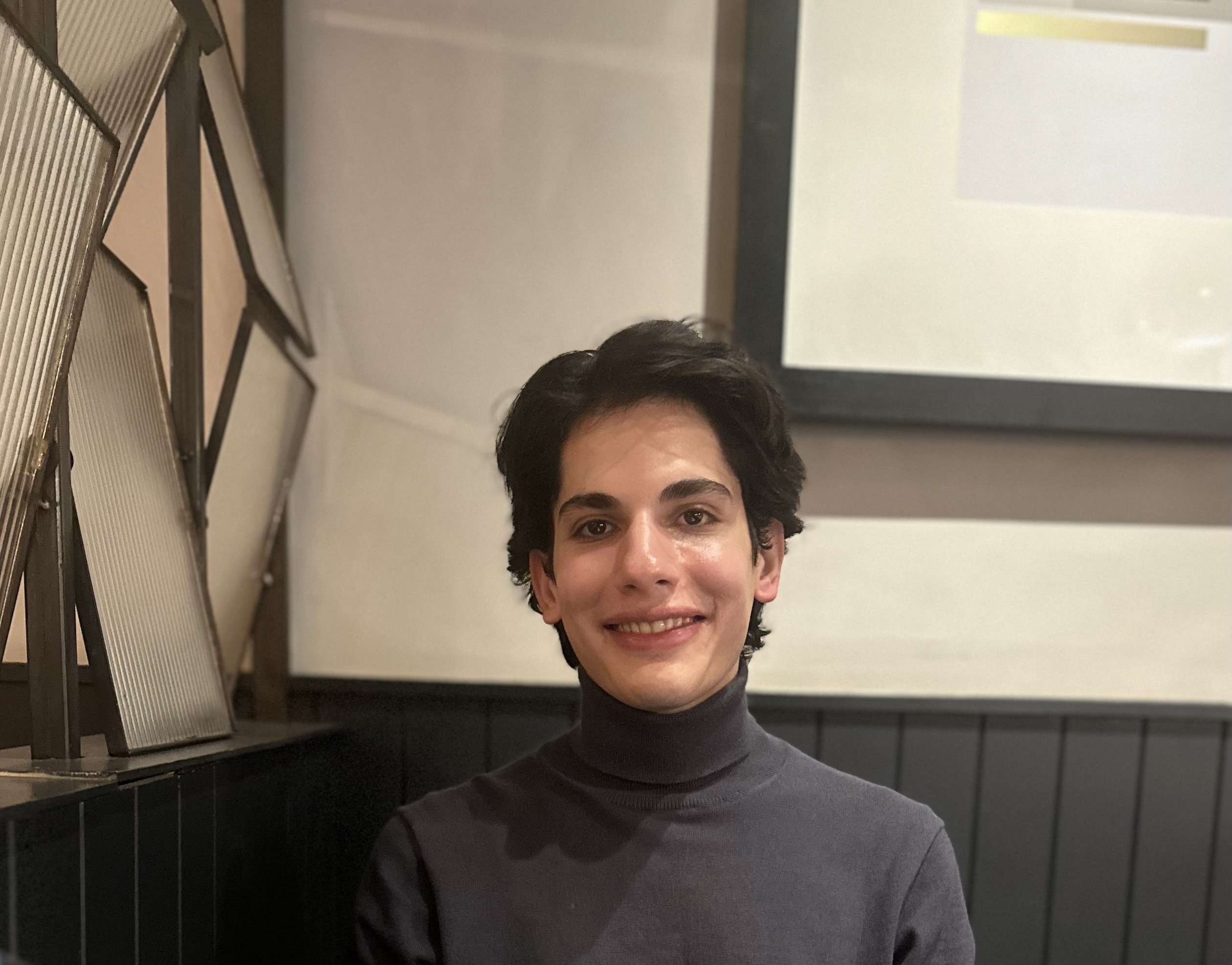Meet our PhD Students
Get to know our PhD Students and the motivations behind their chosen fields of research
Abi Collins
The Financial Impact of Childhood Illness on Families
My project is exploring the financial impact of childhood illness and barriers to care for families, including those living in disadvantaged communities. There are multiple non-medical costs associated with going to hospital – such as transport, food and drink, or lost wages. These costs could form financial barriers to children accessing healthcare, and cause families financial stress or strain. Financial barriers, stress or strain could in turn lead to adverse patient safety behaviours, such as late presentation of illness if parents cannot afford to take children to hospital as soon as illness arises. This is particularly relevant in the North East of England where over one third of the population live in the 20% most deprived areas of the country and may be especially impacted by the cost-of-living crisis. I believe it is important that everyone has prompt access to safe and compassionate care regardless of their socioeconomic status; so exploring financial barriers and impacts for families are key. This research project will involve a systematic review, survey analysis, and semi-structured interviews. The research findings could help shape future interventions to mitigate financial barriers to healthcare and financial impacts faced by families.
Domna Salonen
During my undergraduate training in Helsinki, Finland, I had two key words in mind for my career development: mental health and research. I set out on a journey that has taken me and my family from Finland to the UK, and from greater London to North East England. I have gained experience in healthcare practice, higher education and qualitative research along the way.
I became an occupational therapist because I wanted to support people to live their everyday lives with meaning and purpose. This is also my reason for becoming a researcher.
My PhD cuts across the Newcastle NIHR PSRC Disadvantaged Communities and Polypharmacy themes, in close collaboration with NIHR Innovation Observatory. In my PhD research, I work to uncover opportunities to support mental health in families with child and / or adult multiple long-term mental health conditions (MH-MLTCs). I will advance understanding of MH-MLTCs in younger (<55) populations, identify windows of opportunity for primary care mental health support in everyday family lives and develop insights into potential futures for person-centred, family-focused care. My methods include horizon scanning, focused ethnography and quantitative exploratory analysis of routine data. Patient and Public Involvement and stakeholder engagement throughout the study are a vital part of carrying out meaningful research with potential to improve health, healthcare and patient safety in the long-term.
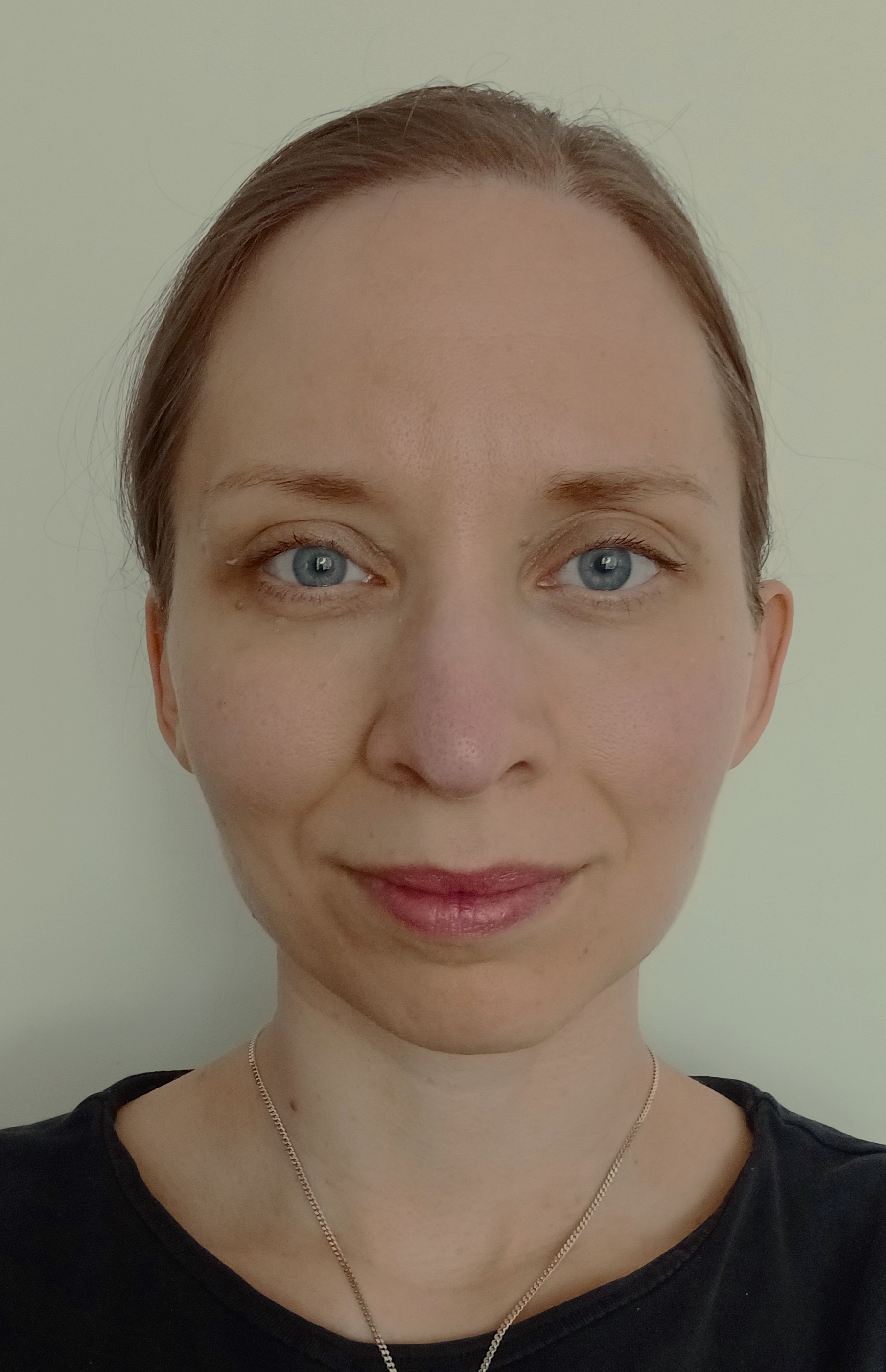
Faiza Yahya
I am a pharmacist with almost 20 years of practice experience and have worked in community pharmacy, hospital pharmacy and primary care. I have seen the challenges both for patients and healthcare staff when there is a lack of integration and coordinated care between sectors. This can lead to compromised patient safety and is an area I am quite passionate about making a difference. This led to my interest in this research theme of safer integrated health and social care environments.
My PhD project focuses on step-down ‘hospital at home’ models, which support patients to be sent home from hospital early and still receive hospital-level care in their own home safely and conveniently. In the UK, the term ‘step-down virtual wards’ is also used as they can use digital technology and remote monitoring. They are being implemented nationally quite rapidly since the COVID-19 pandemic and can vary widely around the country. I will be exploring the identification of any associated risks and investigating strategies to minimise risk and harm to patients. This PhD will also consider the impact on individuals (patients or professionals) and the systems, including any inequalities.
Twitter/X: @fyahya2004
LinkedIn: Faiza Yahya
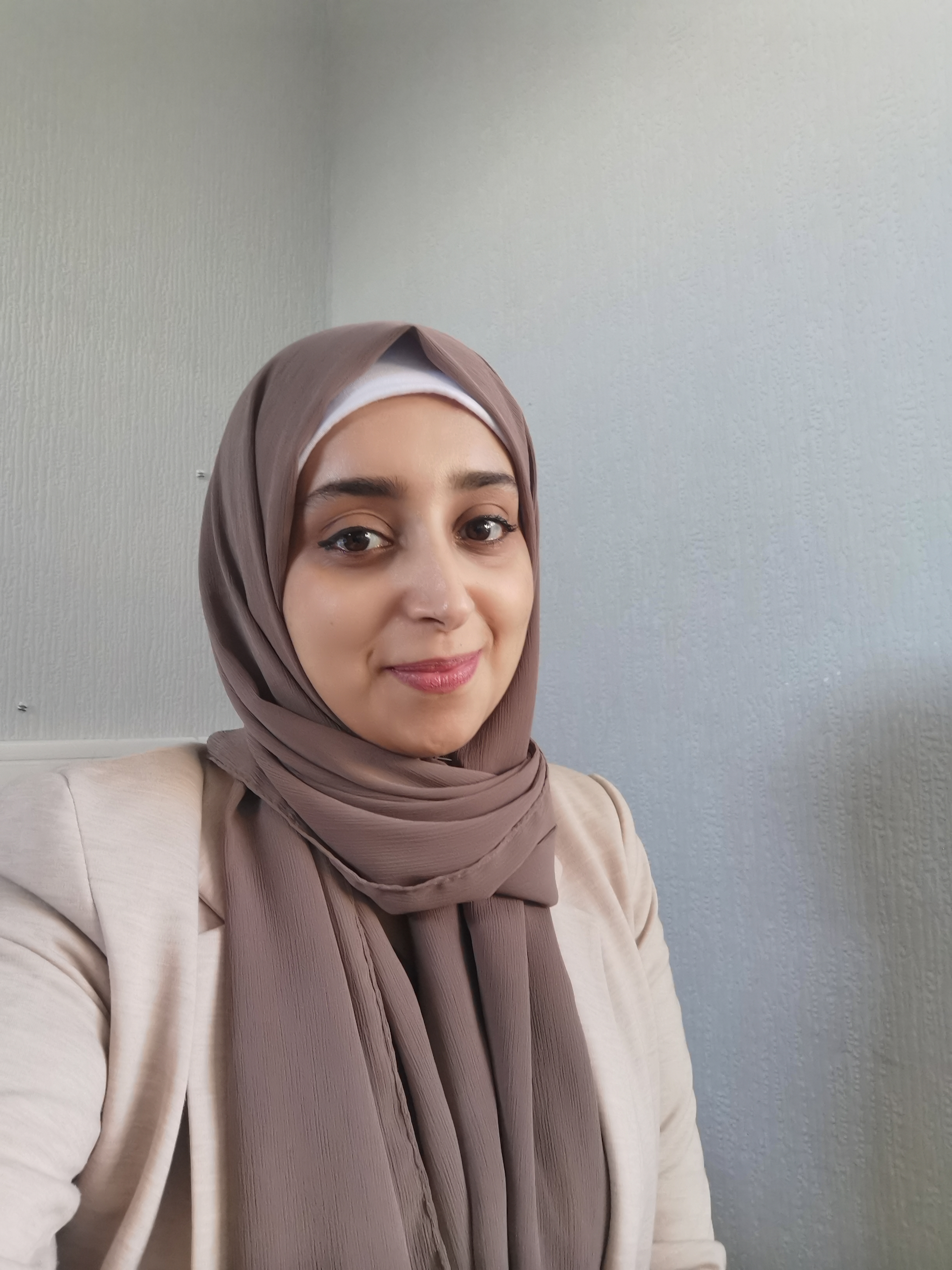
Henry Song
Henry Song is a PhD candidate in Pharmacy at Newcastle University, delving into the intricacies of multimorbidity management through the utilization of artificial intelligence (AI) and health data analytics. His research endeavours to forecast multimorbidity progression and pinpoint pivotal intervention points aimed at augmenting patient outcomes. Leveraging expansive datasets such as CPRD Gold and Genes & Health, Henry adeptly employs a spectrum of machine learning techniques, temporal analysis methods, and causal inference to untangle patterns within disease trajectories. By seamlessly integrating ophthalmic imaging and meticulously considering intersectional factors such as gender and socioeconomic status, his endeavors strive to craft tailored interventions catering to diverse patient cohorts. Henry's close collaboration with clinical experts and the AI-Multiply initiative underscores his commitment to validating findings and ensuring their clinical applicability. Through his interdisciplinary pursuits, Henry aspires to propel the evolution of personalized medicine and bolster healthcare delivery for individuals navigating complex medical challenges.

Lauren Lawson
My PhD research is in the theme ‘Safer integrated health and social care environments.’ I graduated from Northumbria University with degrees in Psychology (BSc) and Health Psychology (MSc). After this I worked as a Research Assistant at Newcastle University, investigating the use of digital technology to detect early changes in everyday activities that could suggest someone is at risk of developing dementia. As people age, they are more likely to be living with more than one long-term health condition, for which they may need support from many different services. It is important that these patients remain safe from harm as they move between services, and I am interested in how this can be improved for older patients with complex needs. My research will investigate how we can improve the safety of older patients with multiple long-term conditions including dementia as they transition from hospital to home.
Twitter: https://twitter.com/LaurenLawson98
LinkedIn: https://uk.linkedin.com/in/lauren-lawson98
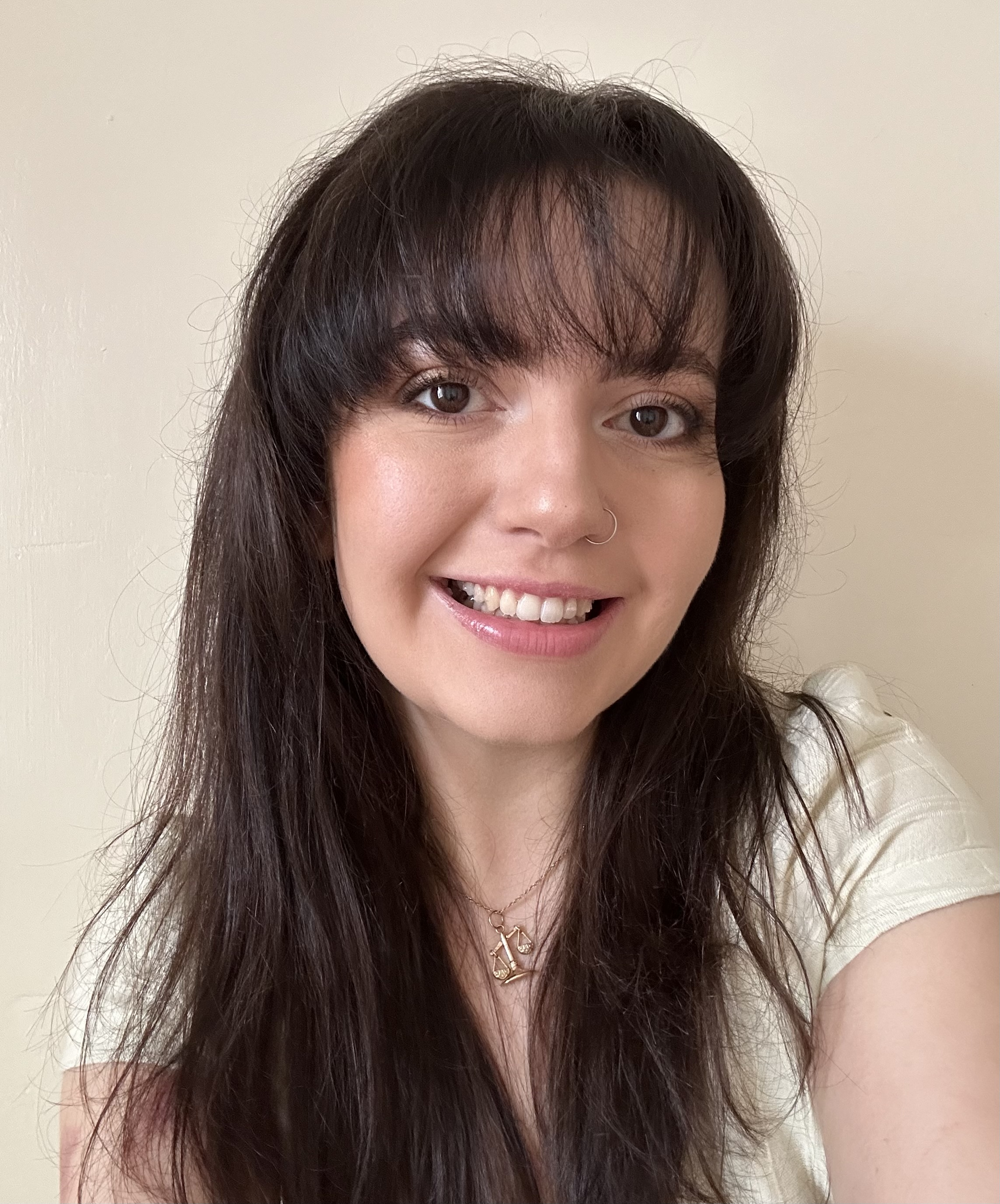
Liyuan Zhu
I am a Newcastle PSRC PhD student (co-supervised by Queen Mary University of London) under the theme of Artificial Intelligence and Data Science in Multiple Long-Term Conditions (MLTCs). I am also involved in the AI-MULTIPLY consortium, an NIHR AiM collaboration grant for Multiple Long-Term Conditions. Both aim to determine the interplay between MLTCs and polypharmacy using a data-driven approach.
My research interests are centred on computational modelling, machine learning and AI, and their applications to medicine. My background and experience in data science motivate me to leverage the potential of AI, to provide a nuanced understanding of the trajectories of risk patterns both at the population and individual levels. I am also eager to explore and contribute to linking the North East of England and East London, areas of social deprivation with contrasting ethnic diversity on understanding the interrelationship between polypharmacy, MLTCs and intersectional factors, to improve health equality.

Long Phan Thanh
As a committed epidemiologist and researcher in preventive medicine, I am presently working towards a PhD to examine inequalities among head and neck cancer patients with multiple long-term diseases. I am also deeply committed to advancing epidemiology research and enhancing public health outcomes. I have been motivated to investigate health inequalities since my Master’s study, where I realised that health inequalities appear in different forms and play an essential role in establishing health policies. Hence, I choose this field of study to illuminate the unequal burden encountered by marginalised communities. The goal is to find the underlying causes of these differences and provide focused strategies to address them by examining the interactions between head and neck cancer and various comorbidities. I aim to make a significant contribution to the field by means of thorough investigation, data analysis and cooperation with various stakeholders, ultimately clearing the path for more equitable healthcare practices and better health outcomes for all those impacted by head and neck cancer and long-term conditions.
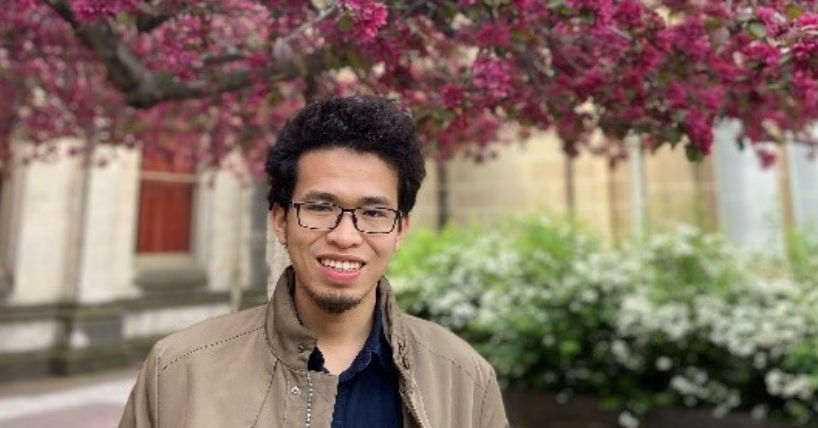
Radin Karimi
As a qualified pharmacist, my first-hand experience in assisting patients face-to-face has provided invaluable insight into the complexities of managing medication regimens outside of traditional healthcare settings. Motivated by a passion for improving patient outcomes and ensuring the safe and effective use of medications, I seek to explore innovative strategies to address polypharmacy-related concerns.
My research delves into the critical issue of polypharmacy and the concurrent use of multiple medications by individuals with multimorbidity. With improved systems in optimising patient care, my research focuses on the unique challenges and risks associated with polypharmacy within social care settings. Most individuals with polypharmacy do not reside in the hospital nor are they receiving specialist care; instead, these individuals live within the community with varying levels of support with their medicines.
One social care setting in particular that has received insufficient attention in research is the home care setting (individuals receiving domiciliary care). Evidence indicates a high prevalence of multimorbidity and polypharmacy in this setting. Hence, emphasising and tackling the challenges and risks linked to polypharmacy within this environment is imperative.
Through my research, I aim to develop evidence-based recommendations that empower both patients and care providers to navigate the complexities of polypharmacy with confidence and competence.
